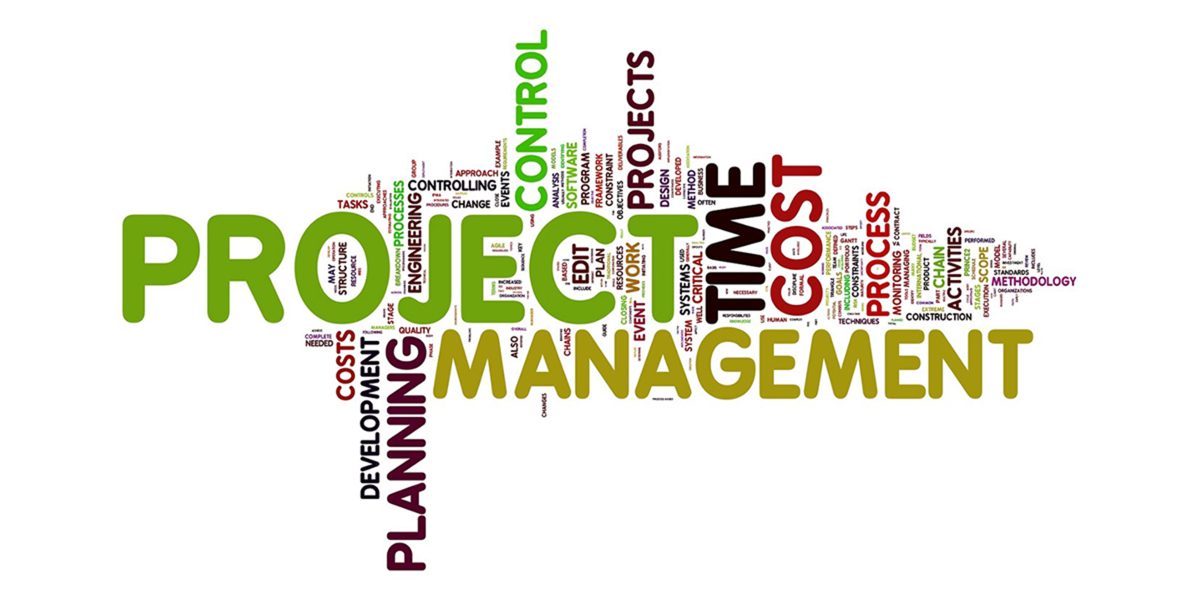
- Duration: 5 days
Course overview
All modern managers need to be equipped with Project Management skills to effectively manage ever changing environments. The programme is designed with the Project Lifecycle as foundation for applying planning and control techniques. Although powerful (but inexpensive) project management software is readily available for personal computers, its application will only be effective if the planning and control techniques are clearly understood. The project manager needs a compressive toolkit – just as a plumber works with a bag of tools, so the project manager works with a computer producing organization charts, work breakdown structures, bar charts, resource histograms and cash flow statements. The programme integrates the use MS Project Software.
Course learning outcomes
At the end of this course the participants will be able to:
• Understand and apply the Project Lifecycle to any type of project
• Perform project planning and manage the scope of a project
• Compile a project budget by applying cost estimating techniques
• Adhere to procurement stipulations to purchase project resources
• Apply project risk management practices
• Apply project planning tools and techniques such as PERT, CPM and Gantt charts
• Manage the quality of a project
• Perform project stakeholder analyses and compile a comprehensive Communication Plan
• Explore organizational structures in support of projects with specific reference to a Managing-by-Project approach, Project Support Offices, Steering Committees, and Project Sponsors/Directors
• Manage project teams through leadership
• Manage a project portfolio and differentiate between programmes and projects
• Appreciate the significance of technology in projects with specific reference to information technology, and software applications
• Understand the context of project outsourcing and compile a Service Level Agreement.
Course Content
Project Selection and Initiation
• Initiating projects.
• When do projects start? Defining the project life cycle.
• Tips for defining the start of a project.
• Considerations for initiating projects.
• Key elements of the initiating process.
• Guidelines for project initiation.
Project Variance and Control
• Performance metrics.
• Understanding what causes variance.
• Taking corrective action to overcome variance.
• Managing change, quality, and risk.
Project Closure and Learning
• The challenge of project closure.
• When and how to learn from projects.
• Project closure reporting and archiving process.
Project Execution Methodology
• Starting project work.
• Manage Stakeholders
• Managing stakeholders.
• Getting work done.
• Capturing progress and status.
• Forecasting future work.
Training Methodology
State-of-the-art business facilitation methods are transferred by means of short, focused presentations which are followed by experiential learning workshop sessions. In these sessions, the knowledge gained is applied to real-world examples and case studies. Rapid learning of the methods and techniques is achieved by means of group work, individual work, participant discussion, facilitator interaction and constructive feedback.
WHY STUDY WITH US?
Diamond Training Institute give you the opportunity to further your education and acquire the knowledge and skills that are relevant in the workplace.
ON-TRACK FOR GROWTH
The individual leaves this course with a Personal Action Plan to encourage immediate transfer of training to the job.
EVALUATION TO ENSURE CONSISTENT QUALITY
All our courses are evaluated at Kirkpatrick’s Reaction and Learning levels as part of our quality control process.
Download Course Outline Here






